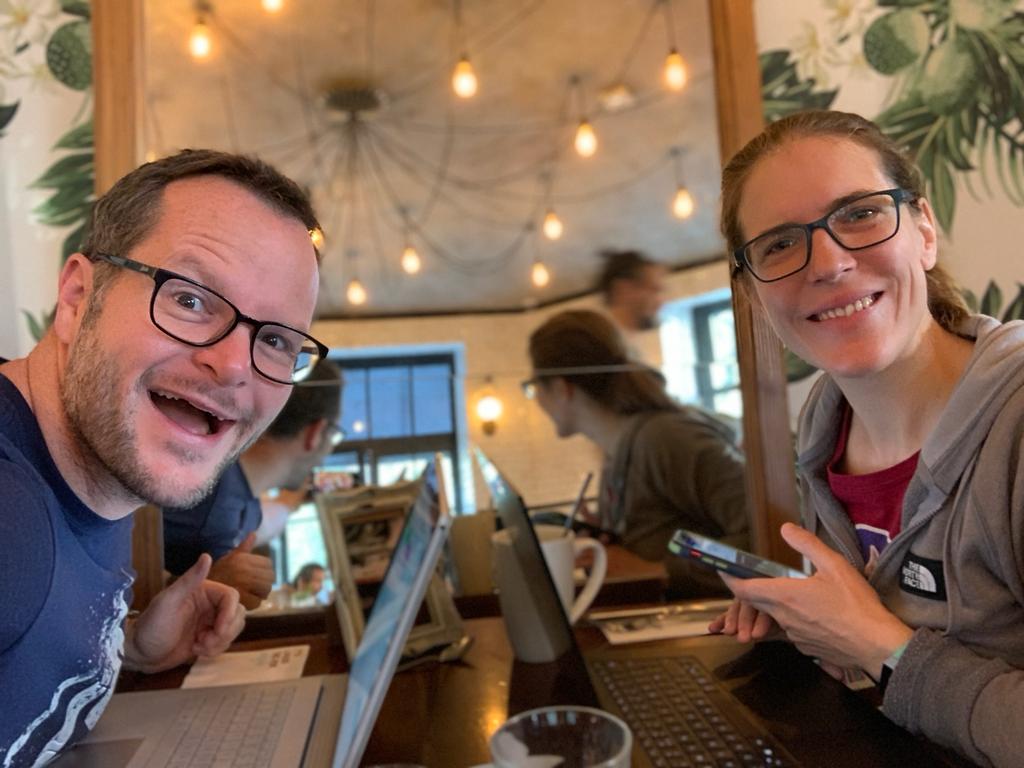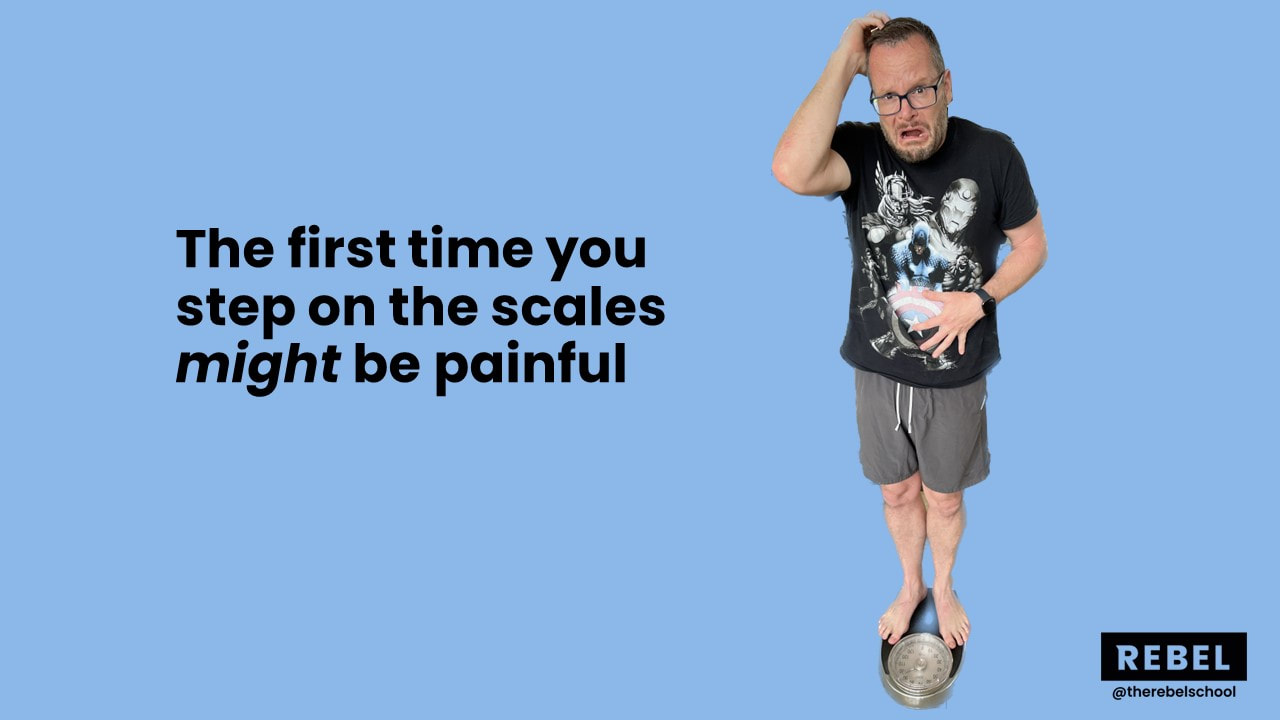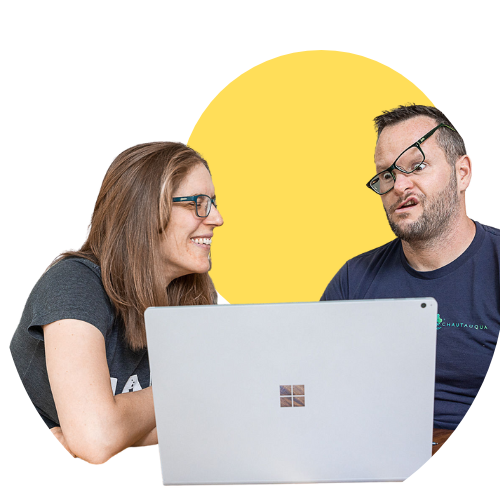|
Back to Blog
How much are you worth?19/6/2023
How do you calculate your net-worth? The first step to change is to take a good look at where you are right now. If you don't know your starting point it is difficult to know if the change you are creating is moving you in the right direction or not. If you can't clearly give a £ or $ figure for your net-worth then this article will help you figure it out.
What is your net-worth?
The common definition is the value of your assets minus your liabilities. But, even the definition has technical terms in it!
Katie and I calculate our net-worth by totalling up all of our assets (investment property, stocks & shares and cash in our emergency fund) in a spreadsheet and then listing all of our debts (mortgages on the investment property, debt etc.) and calculating the difference. This then gives us a £££ (this is the symbol for the British currency pounds) amount that tells us the cash we would have in our pockets if we sold everything right now.
Why bother calculating your net-worth?
Have you heard the expression what gets measured gets improved?
A close analogy to personal finances is body weight/health. In your twenties you are fit and healthy and moving lots. Then you get a desk job and move a little less and still keep eating. You put on a few extra pounds each year which you don't really notice. Eventually; at about 40 years old you look down at your body and think "where did that come from!!??"
If you were measuring your weight or body fat % once a month and noticing if it was trending up or down you could do something about it and take control. But the lack of measurement means you don't notice the small movements day to day, week to week or month to month or the upwards trend. If you aren't measuring, how can you know if you are making progress or not?
Do you know if you are making progress on your personal finances? Do you know if you are better off this year than last? Do you know if in the last decade you have improved your situation or not? I am sure a lot of you have a feeling that you have but can you categorically say so? If you aren't measuring your net-worth and checking to see if it has moved in the right direction or not you are leaving one of the most important areas of life up to chance. You are drifting down the river of life with no idea if you are heading towards financial destruction over a waterfall or a wonderful retirement of wealth! Katie and I took control of our net-worth around about a decade ago and have been tracking it consistently for the last 7 years. It is AMAZING the difference this focus has made to our lives. It creates positive discussions every month about how we can work together to create the financial future we both want. Just the act of working out your net-worth and tracking it monthly can change your financial destiny. It is one of the most important first steps in taking control of your finances. This is the content from week two of the Rebel Finance School, which is a free course that Katie and I run to help people take control of their finances! What goes into your spreadsheet?
This first time I did this exercise I was on a training course and didn't have very much at all. I was struggling to find things to put down. I thought "I own a computer, some clothes and a sofa! Does that count?" The answer is no unfortunately. I was adding anything I could to get above zero! If this is you then that is ok, take a breath and we can work on improving this figure together.
This can be a bit more confusing as there are lots of different thoughts on what should be included in your net-worth and what shouldn't. I am going to tell you what Katie and I do and why we do it and I am going to let you make up your own mind as to what you want to include.
We include:
Assets minus debts gives you your net-worth for wealth building. It's what will actually provide income for you in retirement. We acknowledge that you might own things that have value but that won't provide income in retirement (like the home you live in) so we have an additional list of things that we capture in our net-worth tracker.
Once you add in these things to the net-worth for wealth building you have your total net-worth. Total net-worth = Assets minus Debts plus Things that have value but that won't provide an income in retirement.
What we don't include
To make this easier for you to pull together Katie has created a spreadsheet for you to download and use below. We have fun with spreadsheets!
Including your home?
Is your home an asset?
In British culture the home you live in is meant to be one of your biggest assets. You buy as big a property as you can, get a huge mortgage which you pay down over the next 25 years and then you are left with equity in the home at the end. The problem is that you have to sell the home or re-mortgage to get to any of that equity! You can't really live off it, you live in it! The definition of an asset for Katie and me is something that puts money in your pocket. Does the home you live in give you money each month? No! The opposite. It strips money out of your pocket through the mortgage, utilities and repairs. They can be hugely expensive things! Our definition of an liability is something that takes money out of your pocket each month and the home you live in falls better under this category! Now you can turn the home you live in into an asset by kicking out your kids and renting out their room to paying tenants (which my Mum threatened to do for years!). This means the home you live in now gives you money each month. There is a cost to this though as you have to share your home. House hacking is an amazing tool to create wealth and change your home from a liability to an asset. This is a big subject we can talk about another time. Recently Katie and I have turned our home into an asset by renting it out. We went travelling round the world and rented it out and this has created an extra cashflow for us. We do spend a lot on renting Airbnbs though! Katie and I decided to have two figures in our net-worth spreadsheet. The first is our net-worth for wealth building (which excludes our home) and the second is our total net-worth which includes ours home. The reason we do this is that when you are calculating how much it takes to retire you want to use the number without the home you live in (your net-worth for wealth building). The home you live in, in retirement reduces your expenses if you have paid of the mortgage but it doesn't bring in any income to pay for groceries or bills or fun things to do with the grandkids! In reality the home you live in can be worth a huge amount of money and you could sell it and get that cash out, but then you wouldn't have anywhere to live! It is an important distinction to make in working out retirement dates and planning your financial future that we need to include here. We made a video all about this! Our most controversial video yet! Scroll Down for FAQs Free template
My wonderful wife Katie has been hard at work creating a template spreadsheet for you to use. She is the biggest Excel and Spreadsheet geek in the world and I love her for it!
Disclaimer: we have built this spreadsheet to give you a starting point. You need to go through it, update it, change it for your personal situation and make sure all the formulas tot up correctly. Neither Katie or I are trained finance professionals. We have created this for you to use and make no guarantees and do not update this regularly. The spreadsheet was last updated on 19th June 2023. That being said here is the spreadsheet. We would LOVE it if you downloaded it and had a go at calculating your net-worth and then tracking it over time! The first step to change is knowing where you are currently.
We've added an optional extra fun game into the template where you can work out if you're a millionaire without realising it!
We made for you to explain how to use the template! What do you do next?
Download the template above and starting adding in your numbers each month! What get's measured gets improved so lets start measuring.
Katie and I will be writing more over the coming months about how we run our monthly financial meetings, track spending and net-worth and plan out out financial future. We want to you to be able to take control of your financial destiny and create a bright future for yourself and your family. The first step is to calculate and track your net-worth each month. What get's measured gets improved. Get to work! Love Alan and Katie PS we hope you have as much fun as we do working this stuff out This is us at one of our month end finance meetings last summer. Frequently asked questions
How do I value my pension in my net-worth tracker?
This has been a hot question after week 2 of the Rebel Finance School which is all about net-worth. The challenge comes because there are two types of pensions. Defined Contribution (DC) and Defined Benefit (DB). A defined contribution pension means you know what you are putting into it (contribution) on a monthly basis. e.g. you are putting in £300 a month. What we don't know is how much that is going to grow to at the other end when you retire. This is easy to take a snap shot of; you just look up the current valuation in your paperwork or online and put that in your tracker. Defined Benefit pensions are harder to work out. This is because they sometimes don't give you a current valuation they give you an annual amount that you will get in retirement. This annual amount you will get in retirement in the defined benefit. If you look in your paperwork they should give you a figure for; if I stop working now and then retire at retirement age I will get £XXX or £$$$. DB Pensions are far more common for government employees. They aren't really used in the private sector anymore as they are seen as more costly. Katie and I have friends that work for the NHS and as Teachers and they both have DB pensions. Our advice to them is to take the amount they would get when retiring if they stopped working currently; multiply that number by 25 and put that in your net-worth tracker. Let's take an example: if you were 35 years old and on your pension paperwork they predict if you stop working now then you will get £3000 annual in retirement at age 68. Then take the £3000 and multiply it by 25 (this is the inverse of the 4% rule which if you want to know more about read "How much do I need to retire"). £3000 * 25 = £75,000. This simple sum gives you an estimate of the size of pot you would need to have in index funds to be able to have £3000 a year in retirement. The idea is that this gives you a snap shot value of your pension right now and how much it might be worth and gives us some numbers to be able to work out if you have enough to retire, if you need separate pensions or how much you need to cover the gap till retirement age if you retire early! This is a lot more information behind this valuation. If you are on the course Rebel Finance School then keep coming and we will unpack this as we go. If you aren't on the course read "How much do I need to retire" and that will give you an idea of the maths behind our reasoning. For calculating net-worth for wealth building (excluding the home you live in) do you also remove the loan/note/mortgage tied to it? Katie and I maintain two numbers for our net-worth. Net-worth for wealth building (which excludes the home we live in) and total net-worth (which includes it). The reason for this is that even though your home has a value it isn't going to bring you any money in retirement unless you rent it out. If you use the spreadsheet Katie has created above it then it has a separate section that captures the equity in your home. You put in the amount the home is worth and the amount you have left on your mortgage and the formula auto calculates the equity in your home and includes it in total net-worth. If your house is worth £300,000 and you owe £100,000 on the mortgage then the equity or value you have within the house is £200,000. The spreadsheet automatically adds the £200,000 (difference between value and mortgage) to the total net-worth. Neither show up in the net-worth for wealth-building. There is an argument to be made that if you are underwater on your house i.e. you owe more than it is worth so you have a negative value that this should show up on your overall net-worth as you will have to pay this off. But this is a rare case. For simplicity neither the mortgage or the value of the house show up in the net-worth for wealth building as it "should" be a positive number combined. Net worth, is this just personal finances not business? I'm thinking it is? We don't include a value for our business in the net-worth tracker. The reason for this is we just don't know how much we could sell it for or if we ever would! It feels like a fake valuation and unlikely that we would actually get a value for it. This would change depending on the size of business but if you have a multi-million pound business you probably already have financial advisors and don't need us! However, if like Katie's company, we have a cash balance that will be ours (we just haven't taken it out yet) then we include it after tax. So if we have £10,000 in cash in the business that we know isn't needed and eventually we will distribute it we will take tax off (we use 20% as our estimate in the UK for our situation) and then add it to our net-worth. For this instance we would add £8,000 to our net-worth tracker under a newline entitled Business Bank Account. The Rebel Business School has NEVER shown up in our net-worth because I can't really put a value on it and I don't own all of it. Katie owns 100% of her company. We don't put a value for the company but we do add in the cash balance with tax taken off. If we ever did sell the companies it would be a nice bonus later on but we don't rely on it. We look at what we have now in the financial snap shot not a future prediction. |
||||||||||||||||||||
DONEGAN |
We built this website to share our stories, the adventures, the amazing people and all the life lessons we've learned along the way!
SIGN UP to our mailing list
|

 RSS Feed
RSS Feed




